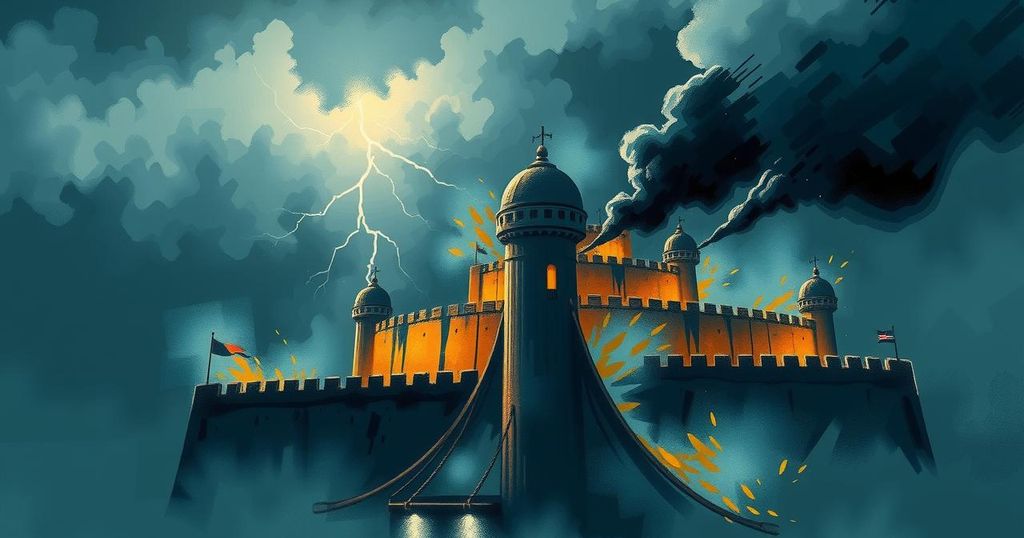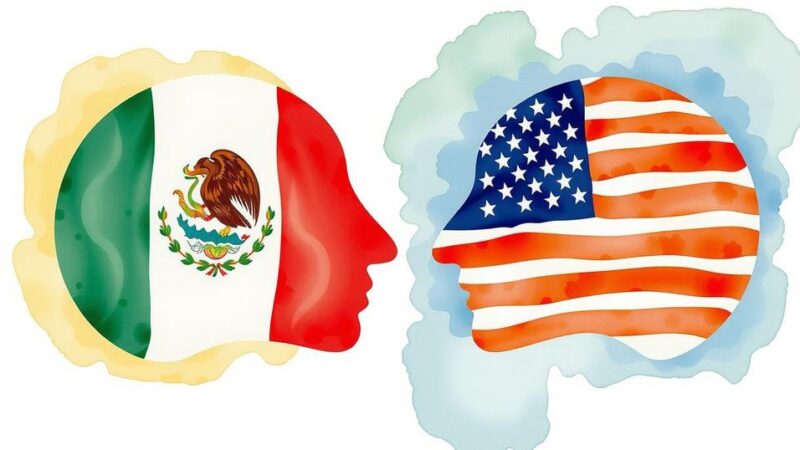This article discusses the critical role of the Bangladesh Army in national stability, particularly following recent political upheavals. It highlights domestic and foreign efforts to undermine military credibility through disinformation, arguing that the politicization of the military poses a significant threat. The author stresses the importance of maintaining military professionalism and unity to safeguard national sovereignty.
The military serves as a crucial pillar of national sovereignty, with historical precedents demonstrating how weakened armed forces may lead to national collapse. Bangladesh, since its inception in 1971, has depended on its military not only for defense but also for stability amid political upheavals. In light of recent political developments following the removal of Sheikh Hasina’s government, the army’s importance escalates as internal and external forces aim to destabilize it.
Recent weeks have witnessed a surge of disparaging rhetoric directed towards the Bangladesh Army and its leadership, mainly facilitated through social media by expatriates. Accusations of military manipulation of the interim government have been disseminated, with criticism including reckless remarks from some political leaders. Such allegations represent not mere political discourse but intentional actions to undermine the army’s credibility, often echoing tactics observed in countries like Turkey and Pakistan.
The vulnerability of the military can create treacherous situations, as evidenced in regions like Egypt post-Mubarak. Attempts by remnants of the former regime, alongside opportunistic politicians, are aimed at provoking public dissent towards the military, potentially forcing it into a no-win scenario. The normalization of military attacks in the political arena signals a dangerous trend; history shows that politicization of military forces jeopardizes the state.
Examples abound, from Myanmar’s protracted military entanglement in politics to Venezuela’s armed forces serving only political interests. Bangladesh faces the pressing need to maintain military integrity above partisan conflicts while allowing constructive oversight instead of character assassination. Recent tensions have also been aggravated by external narratives from neighboring countries, which threaten to destabilize the military’s public perception and enhance vulnerability to external manipulations.
It is crucial for political leaders and civil society to work collaboratively to counter misinformation campaigns that undermine the military. Those individuals propagating unfounded accusations from any front must be held accountable. It is equally imperative for the military to abstain from political involvement, preserving its role in safeguarding national interests while allowing for strong civilian governance that fosters democratic stability.
Bangladesh’s future hinges upon whether it can foster a stable system that respects the military’s apolitical role. The power dynamics within the military must remain intact, as divisions only create opportunities for external interference. A future marked by a cohesive and respected army is essential for the nation’s survival in a tumultuous geopolitical landscape. Maintaining a unified military is not simply an act of loyalty; it is a pragmatic necessity for ensuring national strength and security.
In conclusion, Bangladesh finds itself at a critical juncture where the integrity of its military remains essential for national stability. As attempts to politicize the military proliferate, it is paramount to reinforce institutional legitimacy while ensuring that such forces are countered effectively. The military’s apolitical status must be preserved to protect the nation’s sovereignty, with internal unity being a crucial defense against external pressures. Only through responsible governance can the country secure a peaceful and stable future.
Original Source: www.nation.com.pk






